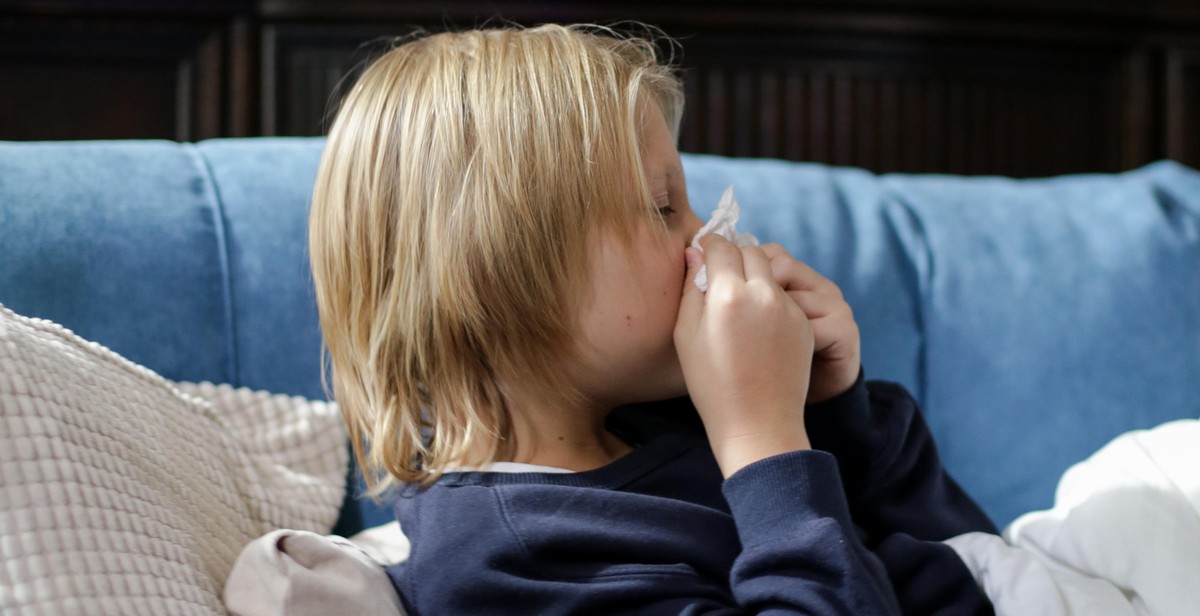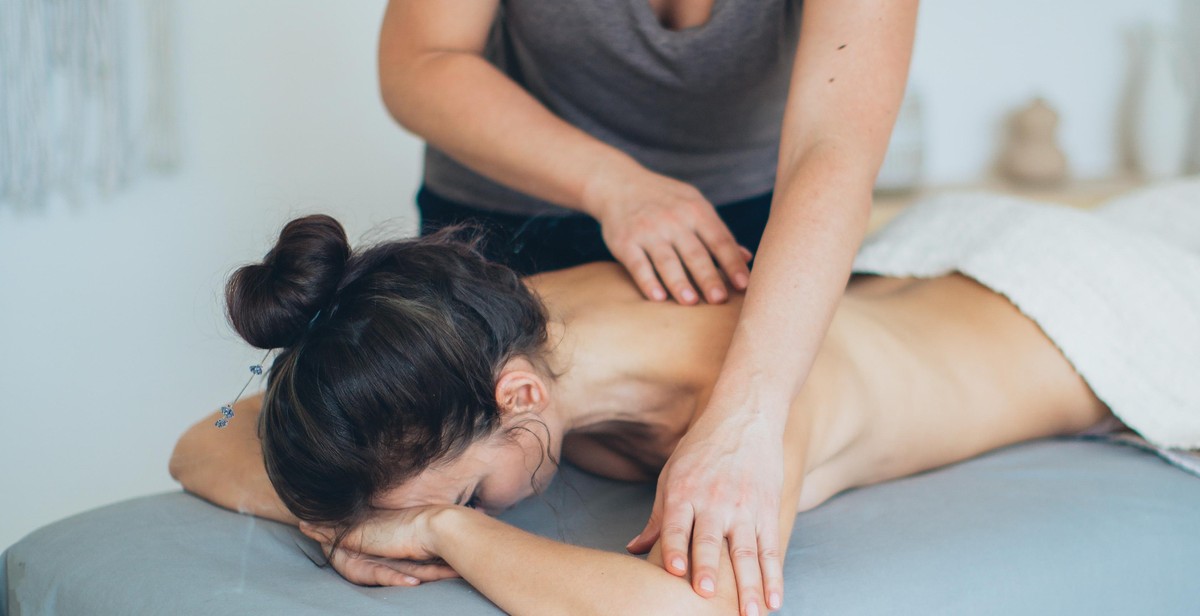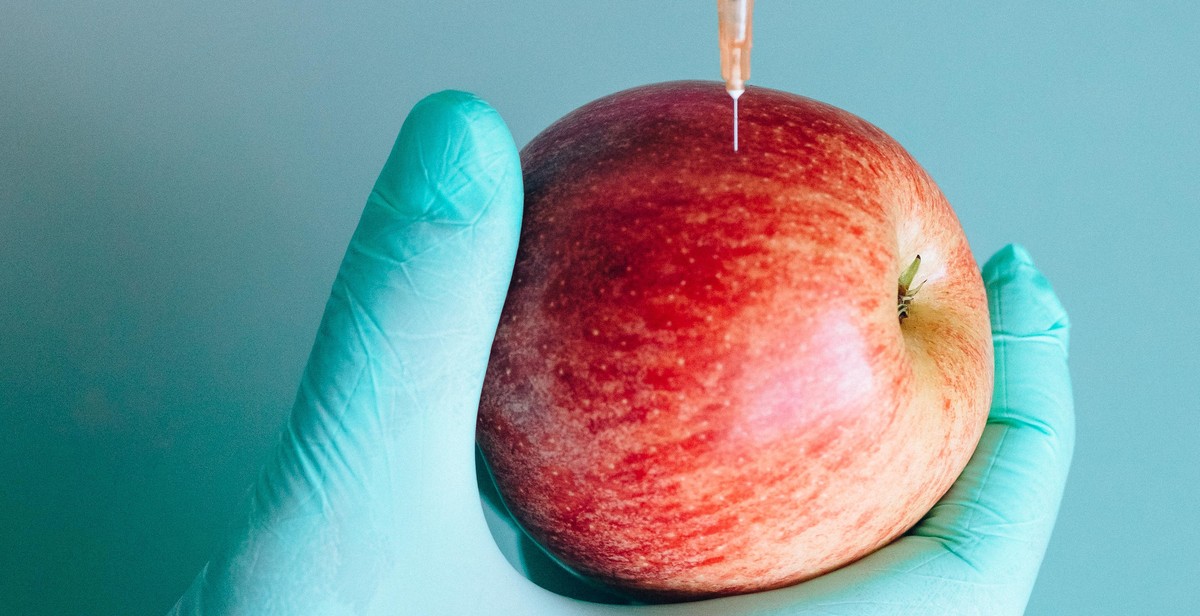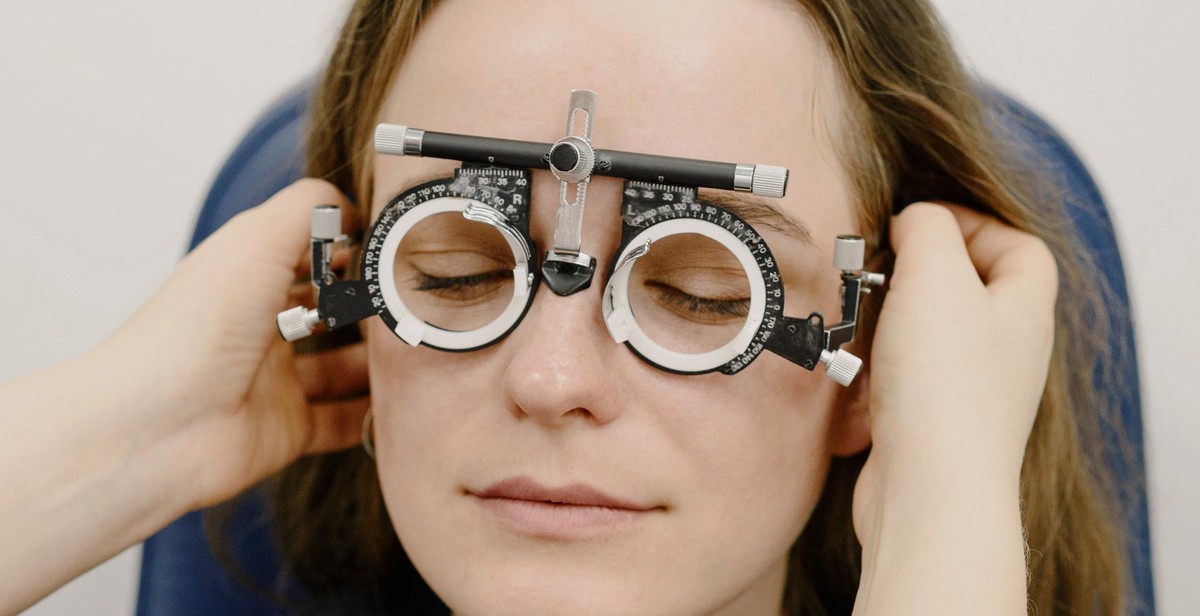Introduction: How to Relieve and Soothe Sunburned Skin
Summer is here, and with it comes the sun’s harsh rays. While a sunny day can be enjoyable, too much exposure to the sun can lead to sunburned skin. Sunburn is a common skin problem that affects people of all ages, and it can be painful and uncomfortable. If you have sunburned skin, you may experience redness, blisters, and peeling.
What is Sunburn and How Does it Happen?
Sunburn is a type of skin damage caused by exposure to ultraviolet (UV) radiation from the sun. When your skin is exposed to UV radiation, it triggers a response in your body’s immune system, which causes inflammation and redness. This is your body’s way of trying to repair the damage caused by the UV radiation.
Depending on the severity of the burn, sunburned skin can take several days to heal. However, there are steps you can take to relieve the pain and discomfort associated with sunburned skin. In this article, we will explore some of the most effective ways to soothe sunburned skin and promote healing.
So, if you’re dealing with sunburned skin and looking for relief, keep reading to learn more.

Symptoms of Sunburn
Spending time outdoors under the sun can be fun, but it can also leave you with painful sunburn. Sunburn is a skin injury caused by overexposure to the sun’s ultraviolet (UV) radiation. The symptoms of sunburn typically appear within a few hours after sun exposure and can last for several days. Some common symptoms of sunburn include:
Redness and Pain
One of the most common symptoms of sunburn is redness of the skin. This is caused by the dilation of blood vessels near the skin’s surface in response to UV radiation. The affected skin may also feel tender to the touch and painful.
Swelling
Sunburn can also cause swelling of the skin. This is because the body’s immune system responds to the UV radiation as if it were an injury or infection. The immune system sends white blood cells to the affected area, which can cause swelling and inflammation.
Blisters
In severe cases, sunburn can cause the formation of blisters on the skin. Blisters are a sign of second-degree sunburn, and they can be painful and tender to the touch. Blisters can also increase the risk of infection if they burst.
Fever and Chills
In some cases, sunburn can cause systemic symptoms such as fever and chills. This is because the body’s immune system is activated in response to the UV radiation. The fever and chills may be accompanied by headache, nausea, and fatigue.
If you experience any of the above symptoms after spending time in the sun, it’s important to take immediate action to soothe and relieve your sunburned skin.

How to Relieve Sunburn
Sunburn is a common skin condition that occurs when the skin is exposed to the sun’s ultraviolet (UV) rays for an extended period. It can cause redness, pain, and swelling, which can be uncomfortable. However, there are several ways to relieve and soothe sunburned skin:
Cool Compresses
One of the best ways to relieve sunburn is by applying cool compresses to the affected area. You can use a clean cloth soaked in cold water or ice packs wrapped in a towel. Apply the compresses for 15 to 20 minutes several times a day. This will help to reduce inflammation and ease pain.
Aloe Vera
Aloe vera is a natural remedy that can help to soothe sunburned skin. It has anti-inflammatory and cooling properties that can reduce redness and pain. You can apply aloe vera gel directly to the affected area or use a lotion or cream that contains aloe vera. Repeat the application several times a day for the best results.
Hydration
Dehydration can make sunburn worse, so it’s essential to drink plenty of water to stay hydrated. Water will help to cool your body from the inside out and prevent further damage to your skin. You can also eat fruits and vegetables that are high in water content, such as watermelon, cucumbers, and tomatoes.
Over-the-Counter Pain Medication
If your sunburn is causing significant pain, you can take over-the-counter pain medication to relieve it. Nonsteroidal anti-inflammatory drugs (NSAIDs) such as ibuprofen or aspirin can reduce inflammation and ease pain. However, it’s essential to follow the recommended dosage and not exceed the maximum daily dose.
Overall, relieving sunburn requires a combination of home remedies and over-the-counter medication. If your sunburn is severe, it’s best to seek medical attention from a healthcare professional.

Preventing Sunburn
Sunburn is not only painful, but it can also increase your risk of skin cancer. Therefore, it is important to take preventive measures to avoid sunburn. Here are some tips:
Sunscreen
Using sunscreen is one of the most effective ways to prevent sunburn. Choose a broad-spectrum sunscreen with an SPF of at least 30. Apply it generously to all exposed skin at least 15 minutes before going outside. Reapply every two hours or more frequently if you are swimming or sweating.
Avoiding the Sun During Peak Hours
The sun’s rays are strongest between 10 a.m. and 4 p.m. Try to stay indoors or seek shade during these hours. If you must be outside, try to plan your activities for early morning or late afternoon when the sun is less intense.
Protective Clothing
Wearing protective clothing can also help prevent sunburn. Choose lightweight, long-sleeved shirts and pants made from tightly woven fabric. A wide-brimmed hat can also provide shade for your face, neck, and ears. Sunglasses with UV protection can also help protect your eyes from the sun’s harmful rays.
| Preventative Measure | Description |
|---|---|
| Sunscreen | Choose a broad-spectrum sunscreen with an SPF of at least 30. Apply it generously to all exposed skin at least 15 minutes before going outside. Reapply every two hours or more frequently if you are swimming or sweating. |
| Avoiding the Sun During Peak Hours | Try to stay indoors or seek shade between 10 a.m. and 4 p.m. If you must be outside, plan your activities for early morning or late afternoon. |
| Protective Clothing | Wear lightweight, long-sleeved shirts and pants made from tightly woven fabric. Use a wide-brimmed hat to provide shade for your face, neck, and ears. Wear sunglasses with UV protection to protect your eyes from the sun’s harmful rays. |

When to See a Doctor
Sunburns can be painful and uncomfortable, but in most cases, they can be treated at home with simple remedies. However, in some cases, sunburns can be severe and require medical attention. Here are some signs that you should see a doctor:
Severe Blisters
If your sunburn is accompanied by severe blisters, you should see a doctor. Large blisters can be a sign of a serious burn, and they can also become infected. A doctor can drain the blisters and provide treatment to prevent infection.
Fever and Chills
If you develop a fever and chills after getting a sunburn, it can be a sign of sun poisoning, which is a severe form of sunburn. Sun poisoning can cause dehydration, shock, and even organ failure. If you experience these symptoms, seek medical attention immediately.
Dizziness or Fainting
Dizziness or fainting can be a sign of severe dehydration or heat exhaustion, which can be caused by a severe sunburn. If you experience these symptoms, seek medical attention immediately.
It is important to remember that prevention is the best way to avoid sunburns. Always wear sunscreen with a high SPF, stay in the shade during peak sun hours, and wear protective clothing when possible. If you do get a sunburn, follow the tips in this article to relieve and soothe your skin.
Conclusion
Sunburn can cause a lot of discomfort and pain, but fortunately, there are many ways to relieve and soothe sunburned skin. The most important thing is to keep the affected area cool and moisturized. You can use natural remedies such as aloe vera, oatmeal, and coconut oil, or over-the-counter products like hydrocortisone cream and ibuprofen. It is also crucial to stay hydrated and avoid further sun exposure.
Preventing sunburn is always the best approach, and you can do this by wearing protective clothing, using sunscreen with at least SPF 30, and avoiding the sun during peak hours. However, if you do get sunburned, don’t panic. With the right care and treatment, your skin will heal, and you’ll be back to your normal self in no time.
Remember, sunburn is not just a temporary inconvenience. It can have long-term consequences such as premature aging and an increased risk of skin cancer. So, it’s essential to take sun protection seriously and make it a part of your daily routine.
- Keep the affected area cool and moisturized
- Use natural remedies or over-the-counter products
- Stay hydrated and avoid further sun exposure
- Prevent sunburn by wearing protective clothing and using sunscreen
- Take sun protection seriously to avoid long-term consequences
By following these tips and taking good care of your skin, you can enjoy the sun safely and avoid the discomfort of sunburn.
